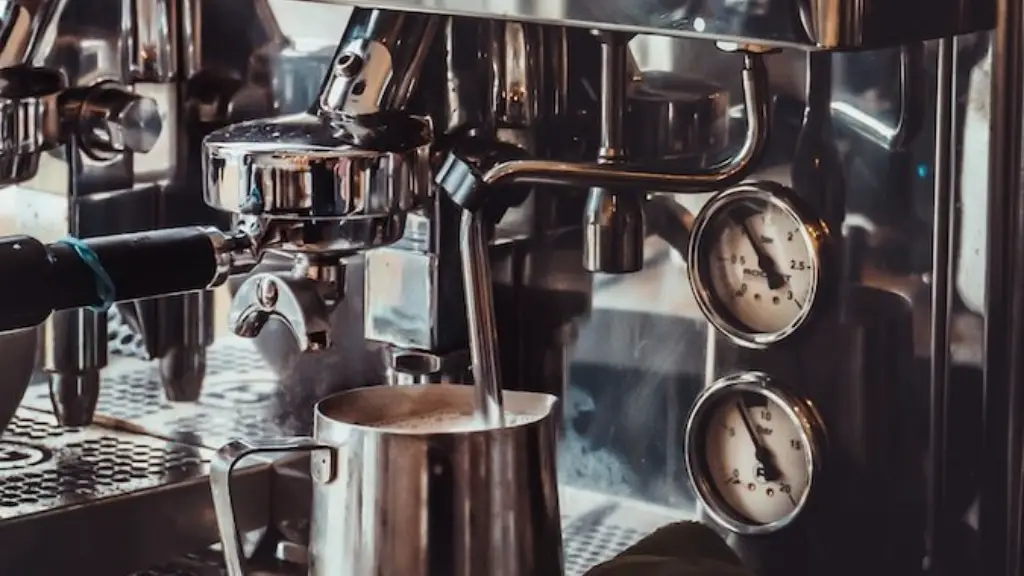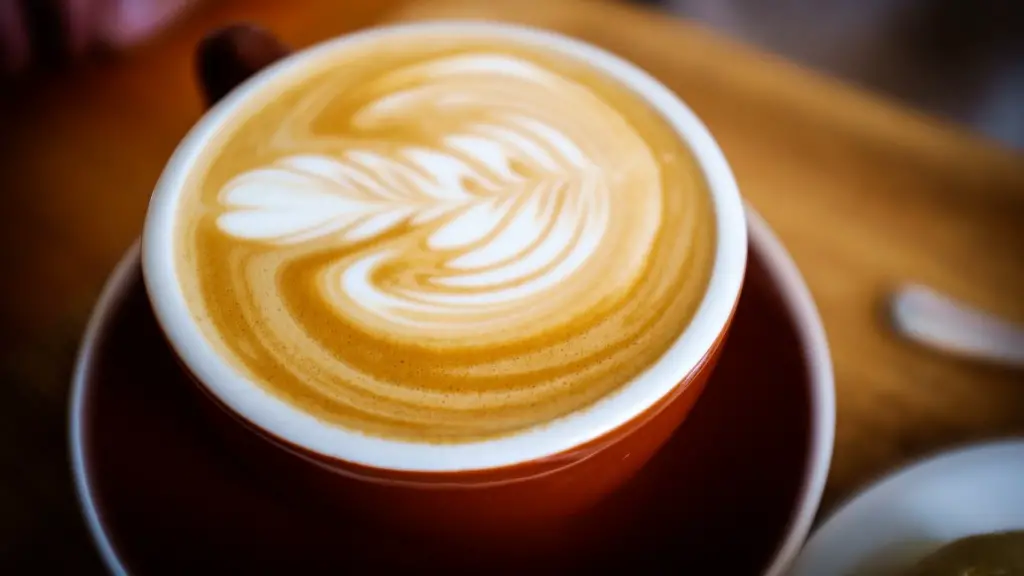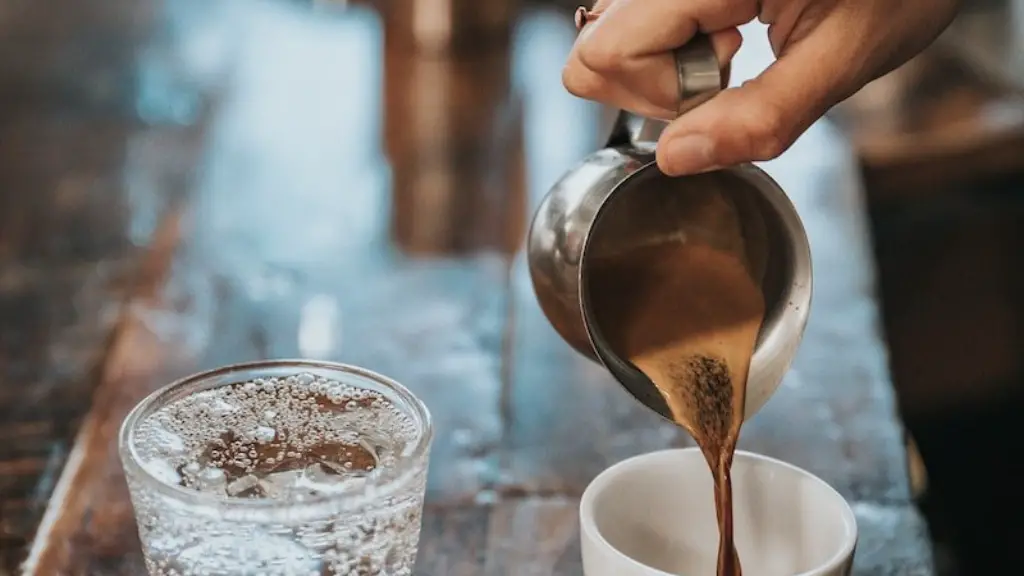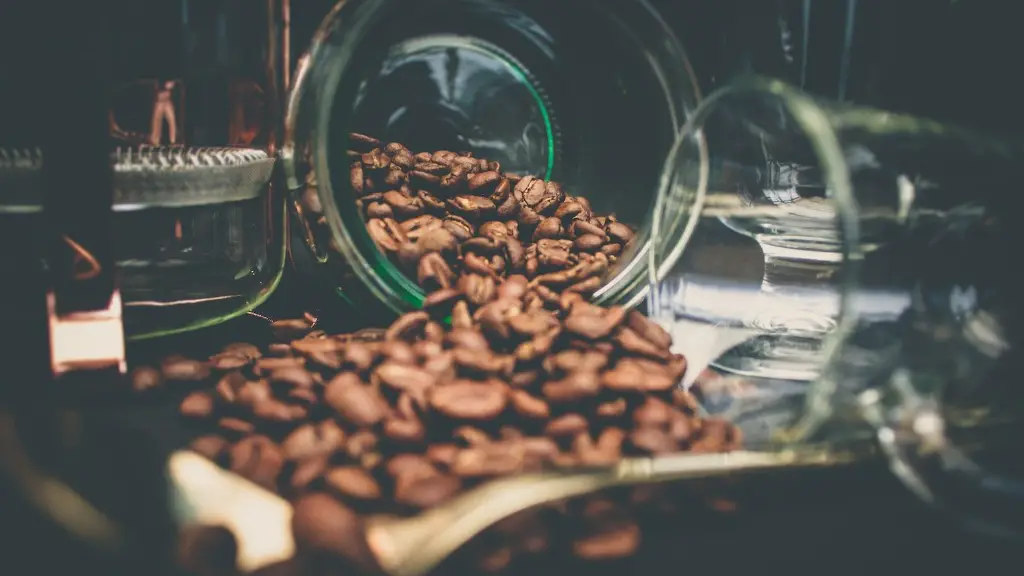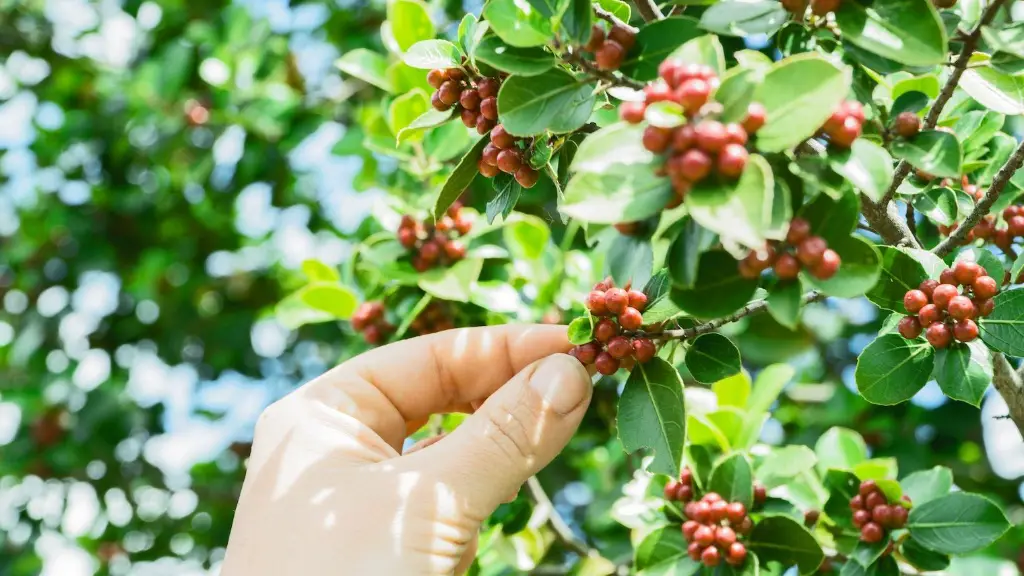The Effects of Energy Drinks and Coffee on the Human Body
Most of us regularly sip on coffee or energy drinks, not realising they can have an effect on our bodies – an effect that is not always positive. Caffeinated drinks like coffee and energy drinks can give us bursts of energy, but the effects can be surprisingly different depending on the beverage of choice. In this article, we’ll take a deeper look into the potential effects of consuming both coffee and energy drinks.
Caffeine is the most commonly consumed psychostimulant. It is found in beverages like tea, coffee, soft drinks, energy drinks, chocolate and other energy supplements. Caffeine is a central nervous system stimulant that can have both positive and negative effects on the mind and body. Coffee is one of the most popular sources of caffeine, but energy drinks are becoming increasingly popular. Keeping this all in mind, let’s discuss the various effects of coffee and energy drinks on the human body.
Effects of Coffee
Coffee is made from roasted coffee beans and contains several active compounds. It is generally accompanied by milk and/or sugar, and can be consumed in many different ways. The primary active ingredient in coffee is caffeine, a substance known to have a stimulant effect on the body. Coffee provides a milder, more measured stimulant effect than energy drinks.
Most people know coffee for its potential to produce alertness and improve mental and physical performance. In addition to this, regular coffee drinkers may also experience increased energy, improved concentration, and better mood. In the long run, coffee could also help reduce the risk of certain diseases and improve overall health.
Caffeine in coffee may also have minor adverse effects on the body. These include an increased heart rate and blood pressure, headache, insomnia, and dehydration. As a general rule, it is best to limit coffee consumption as too much can lead to various health problems.
Effects of Energy Drinks
Energy drinks contain a higher amount of caffeine than coffee or soft drinks. Some of them also contain additional stimulants like taurine and guarana. Energy drinks can provide a quick boost in energy and alertness, but the long-term effects can be more detrimental if consumed excessively.
The caffeine and stimulants in energy drinks can provide an increase in alertness and physical performance, but if these drinks are consumed in excess, it can lead to several negative side effects. These include an increased heart rate, dehydration, and insomnia. Caffeine overdose can also lead to serious heart issues, so it’s important to watch your energy drink consumption.
Energy drinks have also been linked to poor academic performance, poor judgment, and impaired driving ability. Research has also shown that the high sugar content in energy drinks can cause dental cavities, glycation, and weight gain. In general, drinking too much energy drinks can be harmful to both physical and mental health.
Effects of Coffee and Energy Drinks in Combination
It’s not uncommon to see someone drinking coffee and an energy drink in combination. While this could lead to an increased feeling of alertness, it can increase the risk of side effects such as jitteriness, anxiety, tremors, and headaches. High consumption of both coffee and energy drinks can also increase the risk of dehydration, cardiovascular disease, and sleep disturbances.
Furthermore, the combination of caffeine from coffee and the stimulants found in energy drinks could lead to a twofold increase in side effects such as rapid heart rate, headache and insomnia. For this reason, it is not advisable to consume coffee and energy drinks together, especially in large quantities. Instead, it’s best to consume them on an “as-needed” basis, as coffee and energy drinks can be beneficial when used responsibly.
Health Benefits of Moderate Caffeine Consumption
Though it can have some adverse effects, moderate caffeine consumption has several health benefits. Research has shown that coffee can help protect against type 2 diabetes, some cancers, Alzheimer’s disease, and Parkinson’s disease. Coffee also helps to improve physical performance and prolong mental acuity. It can even help to reduce the risk of depression.
Caffeinated drinks like coffee and energy drinks have also been found to improve alertness, focus, and reaction time. This can be useful for those who are feeling fatigued during a long work day, or those in need of an energy boost before an important meeting or event.
Caffeine can also provide a mood boost, as it has been found to release endorphins, the body’s natural “feel-good” hormones. In general, moderate caffeine consumption can improve mental and physical performance and may even provide health benefits.
Are Coffee and Energy Drinks Safe?
When consumed in moderation, both coffee and energy drinks can be safe. However, it’s important to note that excessive consumption of either can have adverse effects. As a general rule, adults should limit their caffeine intake to 400 mg per day. Even if consumed in moderation, certain people may be more sensitive to the effects of caffeine and should limit their intake even further. This includes pregnant women, those with anxiety disorders, and people with heart disease.
It’s also important to note that both coffee and energy drinks can interact with certain medications, so it’s best to talk to your doctor before making any changes in your diet. Furthermore, energy drinks are not recommended for children or teens as they can have potentially serious health consequences.
Alternatives to Coffee and Energy Drinks
If you feel that you need an energy boost, there are a few alternatives to coffee and energy drinks. For instance, you can try natural sources of caffeine such as green tea, which is known to have several health benefits. You can also try nutritious snacks like nuts, seeds, and whole-grain breads, as they can help provide a slow and steady release of energy.
Exercise can also help to increase your energy levels and improve your overall health. Additionally, if you are struggling with fatigue, consistent sleep habits, relaxation techniques, and stress-reduction strategies can help to combat this.
Proponents and Critics of Energy Drinks and Coffee
Proponents of energy drinks and coffee believe that these beverages can provide a safe and effective energy boost. They suggest that moderate consumption is beneficial for concentration, alertness, and productivity. Additionally, proponents often point to the potential health benefits of regular coffee consumption.
On the other hand, critics of energy drinks and coffee argue that these beverages can be dangerous, particularly when consumed in excess. Critics suggest that these drinks can lead to heart problems, sleep disturbances, poor academic performance, and other adverse health effects.
Differences between Energy Drinks and Coffee
Though they seem similar, coffee and energy drinks have some notable differences. As mentioned earlier, energy drinks generally contain more caffeine and stimulants than coffee. Energy drinks also have a much higher sugar content, which can lead to weight gain and dental issues.
Energy drinks also contain additional ingredients, such as ginseng, guarana, and taurine. These ingredients often don’t have much scientific evidence behind them and may, in fact, be unnecessary or even harmful. Additionally, energy drinks are often more expensive than coffee.
Consumer Education and Awareness
Caffeine is the most widely consumed stimulant, making the public’s understanding of this chemical and its potential impact on their health incredibly important. Consumers should be aware of the potential risks associated with the consumption of both coffee and energy drinks. They should also be aware of the various health benefits linked to moderate coffee consumption.
The public should also be aware of the different types of caffeinated beverages, their ingredients and their potencies. Knowing the differences between energy drinks and coffee can help consumers choose the right beverage for their needs and lifestyle. Finally, consumers should be aware of all the necessary precautions and understand the effects caffeine has on their bodies.
